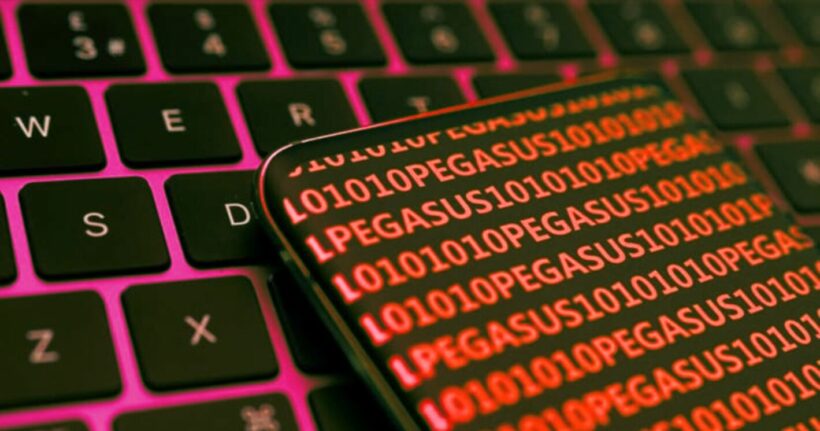Thai police deny ever using Pegasus spyware on dissidents

After a bombshell report revealed that dozens of Thai democracy activists were targeted by an Israeli spyware programme called Pegasus over the past two years, Thai police forces are denying that they ever had any hand in the spyware. The Deputy National Police Spokesman said that Pegasus spyware was not used to hack anti-government dissident’s mobile devices, despite claims in a report by iLaw, Digital Reach, and Citizen Lab.
The spokesperson said that Thai police forces, while bound by duty to prevent crimes and maintain peace and order and national security, always comply with the law and carry out all their work within the confines of what is legal, so they never used spyware to monitor protests, online activity, or funding sources.
The report claims that the phones of 30 activists, academics, lawyers, and NGO workers, mostly connected to civil rights organisations, were affected spanning 2020 and 2021. During that time, Bangkok was flooded with mass protests against the government and the monarchy, with activists pushing for sweeping reform in the Kingdom.
The security invasion came to light when notifications were sent by Apple to Thai activists that they had been targeted with the spyware in November 2021. Amnesty International’s Security Lab independently confirmed five of the cases in the report through forensic analysis.
Amnesty International has urged Thai authorities to fairly investigate the use of spyware as a matter of human rights, and suggested the reform of laws that may overbroadly allow state surveillance without proper consideration of international human rights law. Laws such as Computer Crimes, Cybersecurity and National Intelligence Acts need safeguards to protect fundamental rights to peaceful assembly, free expression, and privacy.
“States have binding obligations under international law to not only respect human rights, but also to protect them from abuse by third parties, including private companies.”
SOURCE: Thai PBS World
Latest Thailand News
Follow The Thaiger on Google News:


























